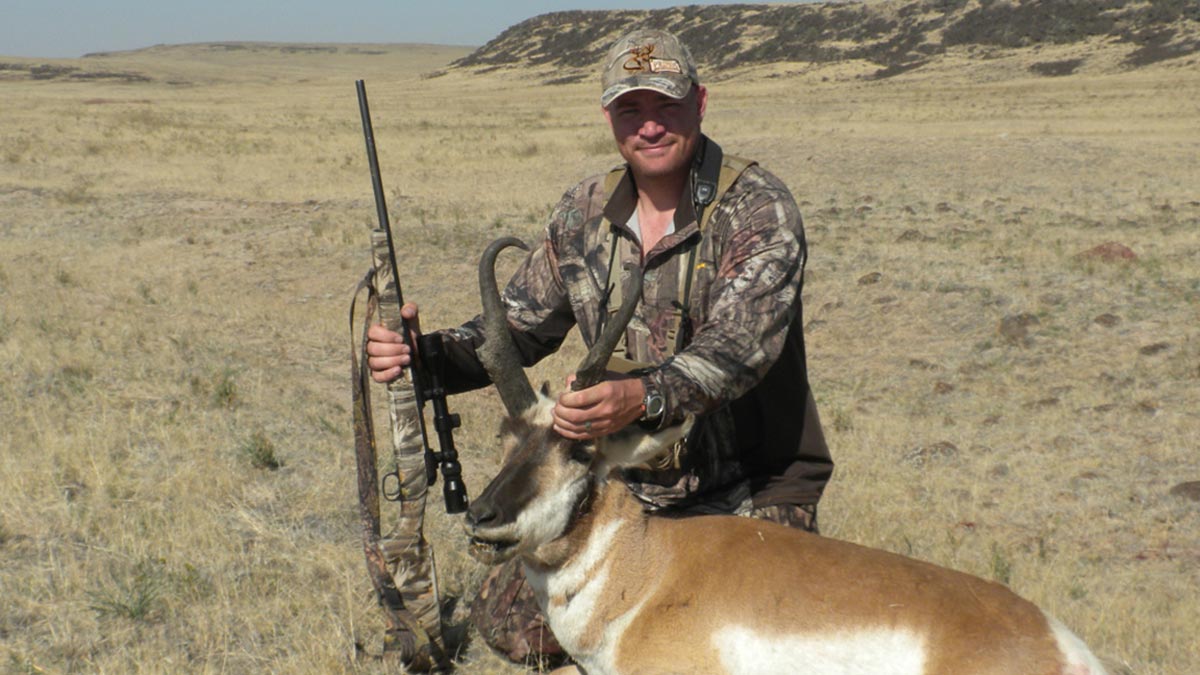Big game early season hunts are underway in some states and hunters are already heading to the woods. While these early hunts have some advantages, hunting during warm weather requires extra preparation and special care to prevent spoiling of game meat.
PLAN AHEAD
Besides packing your gear, you should always have a plan before you leave home for handling the meat should the hunt be successful. Knowing how to quickly get the animal out of the woods and where to take the meat are questions every early season hunter should ask themselves.
“With daytime temperatures reaching the 80-90’s, you don’t have time to look for friends to help or call around to multiple cold storage facilities,” says David Silcock, Idaho Fish and Game regional conservation officer. “Always know in advance who can help and where you can take the meat to cool and store it.”
HEAT IS THE ENEMY
Heat is one of the biggest evils early season hunters face, and what to do with the meat after an animal is down. To prevent game meat from spoiling, hunters need to be prepared and act quickly to speed cooling.
“The key to preserving meat in warm weather is to begin the cooling process as quickly as possible and keep it cool,” says Silcock. “Once the animal is tagged, it should be immediately dressed, skinned, reduced to quarters in most cases, and quickly transported to cold storage.”
FLIES AND DIRT
Other factors to consider are insects and keeping your meat clean, which again, can be addressed long before you leave home. Some hunters use black pepper or other fly deterrents to coat the meat as a way of keeping flying insects off. This helps somewhat as a short-term solution, but should not be the only option you use.
Quality game bags that fit around the quarters or carcass will act as a barrier to flies, dirt and pine needles if tightly cinched. Breathable, mid-weight cotton, canvas, or synthetic bags are recommended, and if cared for, will last several years. Some early season hunters pack a lightweight tarp or cotton sheet to keep ground debris off the meat when skinning or cutting up the carcass in the field. Others who remove the meat from the bone, leave large ice chests at their vehicle for transport home.
REMEMBER THE LAWS
Hunters have an ethical and legal obligation to remove and properly care for the edible meat of big game animals they harvest. This includes the meat of the front quarters as far down as the knee, hindquarters as far down as the hock, and meat along the backbone which is the loin and tenderloin. It does not include meat of the head, internal organs, neck meat, or meat covering the ribs or bones after close trimming.
However, if you’re going to put in all the time and effort to put meat in the freezer, why not take as much meat as possible? After all, taking home quality meat is one of the main reasons people hunt. Removing the neck meat and meat covering the ribs can be done in minutes, plus it makes for excellent hamburger, stew meat or sausage.
Hunters who observe any illegal activity or violation of the fish and hunting rules are encouraged to contact their nearest state wildlife agency representative.
Lastly, with wildfires a serious concern this time of year, hunters should be extra cautious and conscientious about their motorized vehicles and having campfires.
Find more information here.
(Photo source: Idaho Department of Fish and Game)
